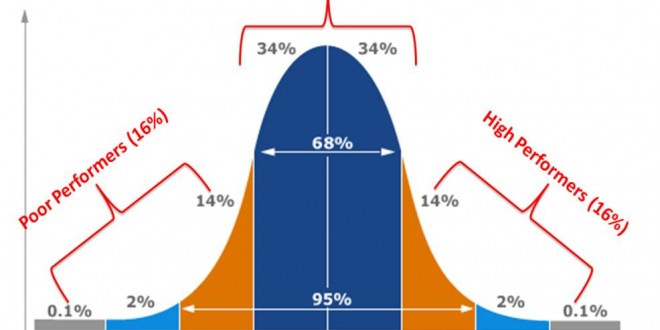 Engagement is over-used; we don’t need more of it. We need partnership, not engagement. Leaders want supportive followers, but do not want to give up command and control for partnership.
Engagement is over-used; we don’t need more of it. We need partnership, not engagement. Leaders want supportive followers, but do not want to give up command and control for partnership.
Engagement
Leaders talk about people being engaged, how to engage, lack of engagement, and otherwise use engagement to explain all kinds of operational failure and success.
Engagement, for leaders, means interested, positive followers. Interested, negative people are labeled irritants, not engaged. Leaders love engagement, but change requires more.
Partnership
Peter Block writes that partnership is
- Exchange of purpose
- Absolute honesty
- The right to say No
- Joint accountability
- No abdication of responsibility
Engagement means support for a pre-defined purpose. Partnership exchanges and builds purpose together.
Staff engage, but hold back criticism or gossip, whereas partnership demands absolute honesty.
Partnership gives others the right to say No. It requires vulnerability, humility, and willingness to give up command and control.
Followers enjoy complaining about leaders’ decisions no matter how much they engaged. True partnership eliminates complaint through joint accountability.
Engagement fizzles when parties walk away. Partnership means parties keep their commitments.
Medicare needs partnership
Government needs to embrace partnership, and providers must follow through in all it demands. True partnership would lessen the turmoil of election driven change, allow us to build on success, and create meaningful change for patients.
(photo credit: smallbusinessbc.ca)



